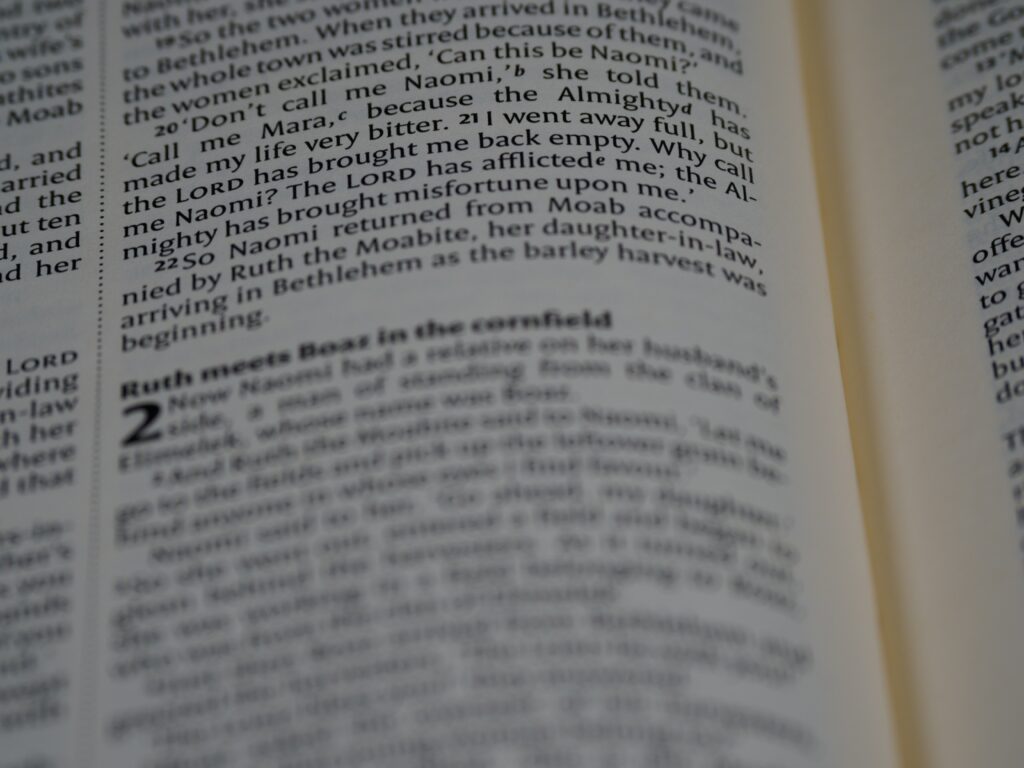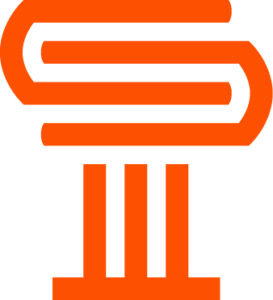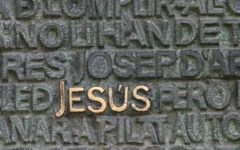JUDGING LIVES AND SEALING FATES IN THE HEBREW BIBLE
July 5, 2023 2024-10-28 8:08JUDGING LIVES AND SEALING FATES IN THE HEBREW BIBLE

JUDGING LIVES AND SEALING FATES IN THE HEBREW BIBLE
Visiting the Diviners
So let’s say you’ve had a bad day–and have a bad feeling about tomorrow, too. You may stay up late, entreating the gods to deal nicely with you, or smite your enemies, or whatever else you need to avoid a “bitter” fate. Then, in the early morning, it was thought that the gods would send their judgment like a letter, except the envelope is an animal’s body and the message is hidden in the liver. You’d pay a diviner to kill, dissect, and inspect the animal’s body for answers. This practice, called extispicy, was practiced across Iraq, Syria, Egypt, and later Greece and Rome under the names “hepatomancy” and “haruspicy.”
Connections with the Hebrew Bible
We see this practice referenced explicitly in Ezekiel 21:26, but there’s reason to think that it’s well-known and hinted at in other places too. Namely, Numbers 6:25 in the Aaronic Benediction: “The LORD make his face shine upon you” is remarkably close language to that used in this scheme of ancient beliefs. A shining face, usually from the Sun God, was a sign of good judgment. And “bitterness,” like that encountered at the waters of Marah in Exodus 15:23, or Naomi’s pessimistic nickname in Ruth 1:20, was a near-universal idiom for “bad fate sealed by the gods.”

The biblical authors don’t overturn this way of thinking, but they do centralize it around the only God that they believed had this power of sealing fate. And they reclaimed this fate-language through their Law, their stories, their psalms, and their prophecies.
So reading the Bible with these practices in mind could be a paradigm-breaker for us. Did the Israelites really think that fate was sealed each morning and changeable at night? Was bitterness really a sign of judgment, and not just superstition? The testimony of Scripture suggests a “yes” to both questions. But the key here is that the God of Israel reveals Himself to be the focal point of those systems, and far more benevolent than the false gods that might claim to have a role in them.
Want to hear more about how biblical authors reimagined their contemporaries’ superstitions, and how we can be sure that their approach was far from pagan? Listen to a full podcast episode devoted to this topic here.
Would you like to receive more exclusive content from Pillar Seminary? Click here to receive content from Pillar’s faculty and stay up to date with what’s going on at Pillar Seminary via email.

This blog post is based on an episode of the Pillar Podcast featuring Dr. Scott Booth, Dr. Dan Lowery, and recent graduate Susie DiRosa entitled, “Sun Gods, Bitter Water, and the Book of Ruth.” Summarized and edited by Philip T. Morrow.
Related Posts
LUNCHTIME SEMINARY ON ACTS (FALL 2023)
SCAPEGOAT, AZAZEL, AND THE ATONEMENT
WHAT DO WE MEAN BY “TORAH”?
EASTER: THE BEGINNING OF THE STORY
WAS JESUS IN THE OLD TESTAMENT?
Search
Popular Tags




